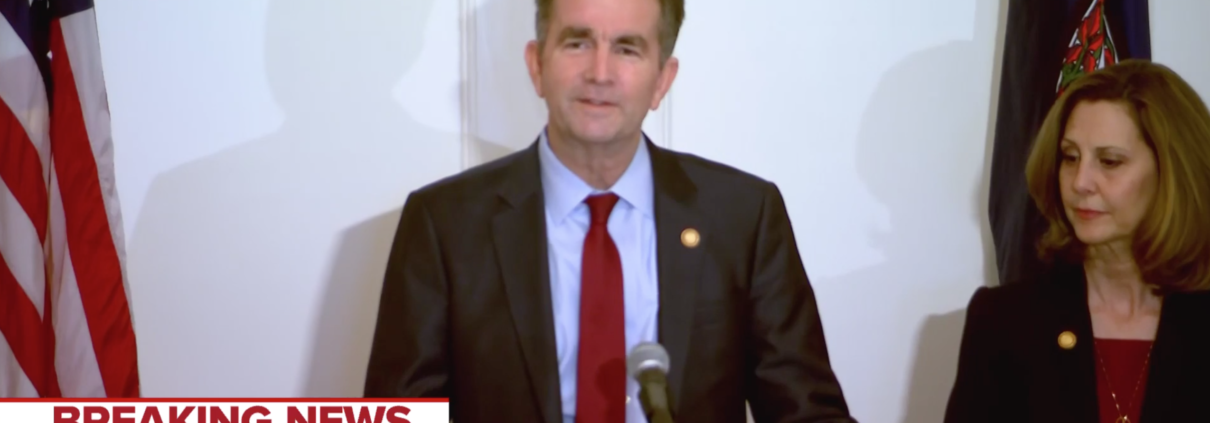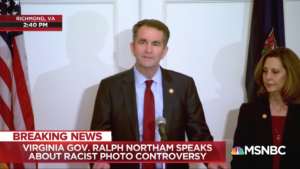Gov. Northam: A Cautionary Tale in Crisis Management
You don’t have to be a PR professional to understand that Gov. Northam absolutely failed in his response to a racist photo that surfaced last week. Between his initial reaction on Friday to the follow-up press conference on Saturday, there’s a lot to talk about.
We want to focus on something that people in the public eye struggle to do—admit they’re wrong. Responding to a crisis isn’t easy as you risk destroying personal and professional relationships, but Gov. Northam’s “apology” fell short as he gave into the popular narrative of “I’m not that person.”
Here’s how we think Gov. Northam should’ve handled the situation:
- Don’t say “I’m not that person.”
- Instead, admit you’re wrong and say you’re sorry.
- And then explain what you’ve learned/how you’ve grown since the incident.
It’s painful to admit you’re wrong, but this strategy is much less newsworthy than a denial, reversal, and offer to moonwalk. If you get out in front of the story, the story will never exist.


